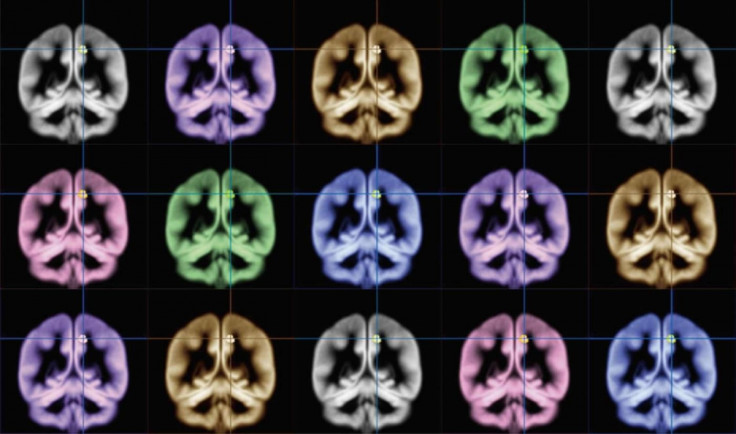Happiness arises from the seat of consciousness in the brain

Emotions and a feeling of contentment with life come together in the precuneus part of the brain to generate a feeling of happiness, says a groundbreaking Japanese research. Happier people exhibit increased grey matter mass in the precuneus.
While the neural mechanism behind this is not yet clear, happiness programmes based on science can look at ways like meditation, which have been linked to increased grey matter.
Wataru Sato and his team at Kyoto University scanned the brains of participants who were later questioned on their levels of happiness and satisfaction with life. The happier lot was the ones whose brains had more grey matter in the precuneus region of the brain. They felt happiness more intensely and sadness less intensely.
"Over history, many eminent scholars like Aristotle have contemplated what happiness is," lead author Wataru Sato said. "I'm very happy that we now know more about what it means to be happy."
The precuneus situated in the medial parietal lobe (at the top of the head, towards the back) has been associated with the human sense of consciousness or ego and referred to as the most basic "seat of the self". This also is where visual areas are located. A damage of the precuneus could lead to a profound loss of consciousness and result in a vegetative state, say theories.
The study from Kyoto University titled, The Structural Neural Substrate of Subjective Happiness, is published in the journal Scientific Reports.
Neuroscientists have discouraged the tendency to pinpoint any isolated brain region as being responsible for any single human behaviour or emotion. Suggestions that the amygdala is the seat of fear in the brain is one such association. However, evidence has been growing on the link between consciousness and the precuneus, writes Psychology Today.
These include a paper published by Duke University last year about the precuneus being a crucial part of the default mode network (DMN), which is active during states of consciousness related to self-reflection, divergent thinking, and daydreaming. Another study from Harvard Medical School and University of Chinese Medicine, showed underconnectivity of the precuneus to other brain regions may be linked to depression.
It is hoped that mindfulness and meditation could be used effectively for achieving happiness with a better understanding of the precuneus. Widespread effect of meditation in terms of preserved grey matter across the entire brain has been shown by a Ucla study earlier this year.
Positive effects of meditation include addressing attention deficit, memory loss, depression and enhancing a weak immune system. It has been found that 12 minutes of daily meditation for eight weeks increased telomerase activity by 43%.
Mindfulness meditation or the psychological state of awareness of the present moment preached as the 2,600-year-old Buddhist concept is now entrenched in mainstream psychotherapy.
© Copyright IBTimes 2024. All rights reserved.





